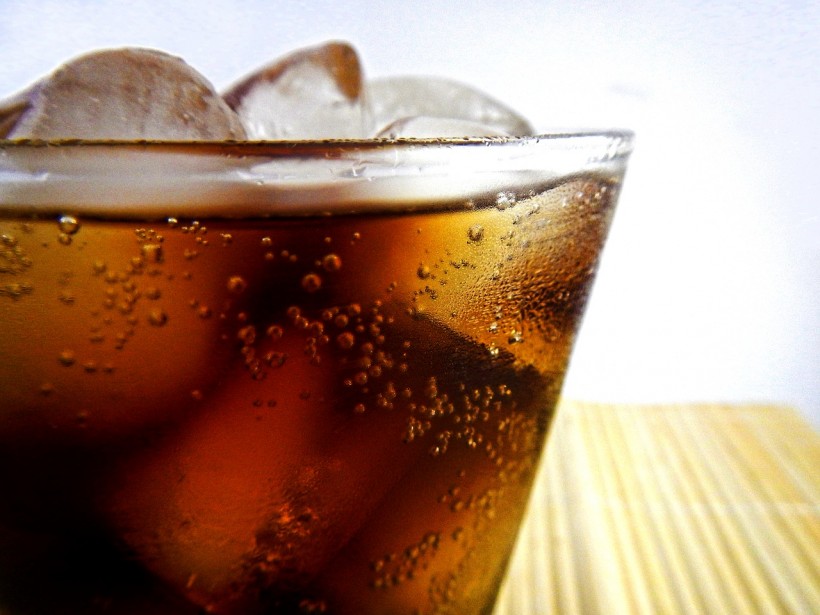The University of Zurich and University Hospital Zurich researchers have published new research revealing consumption of added sugar doubles fat production, triggering obesity and other related health issues like type-2 diabetes, for one.
Frequently, processed foods are labeled with 'added sugar' which means that the manufacturer added sugar, possibly in high-fructose corn syrup form, to the food product, on top of any sugars already naturally existing in the ingredients.
Such added sugars, according to a SlashGear report, can lead to the consumption of large sugar quantities known for health risk.
This new research released by the University of Zurich found no need to consume high-sugar quantities to jeopardize one's health.
Nevertheless, with just 'moderate' quantities, it fuels fat production in the liver. It takes just roughly sugar from a large can of soda to trigger changes in metabolism including overacting production of fat in the liver that stays long after consumption of sugar has stopped.
ALSO READ: Excess Egg Consumption Increases Risk of Diabetes, Study Shows

Volunteers of this new research did not drink more calories than before the study, as the sugary beverage augmented satiety and they thus, reduced their intake of calories from the others.
Study on Beverage Consumption of Over 90 Young Men
This research engaged more than 90 young men considered healthy at the onset of the study. For the period of seven weeks, participants of the study consumed a sweetened beverage that was sweetened with one of four different substances, including glucose, fructose and sucrose. Those from the consume group did not drink a beverage.
After evaluating the data, the study authors discovered that sucrose and fructose both stimulated double the production of fat, which went beyond the food intake of the participants.
Sucrose was discovered to increase the fat synthesis slightly more than fructose, which study investigators described as a surprise.
The increased fat production was opposite the control group, which did not drink a sweetened beverage, and the glucose group.
The study investigators also noted that the increased fat production is paving the way for type-2 diabetes, fatty liver disease, and several other diseases.
Also, as indicated in the research, it only took 80 grams of sugar to activate such changes, highlighting public health recommendations to consume sugar not more than roughly 50 grams daily.
Contribution of Fructose and Glucose to Fat Production
In general, the study volunteers, as earlier mentioned, did not drink more calories than before the study, as the sugary beverage augmented satiety, and they thus reduced their intake of calories from the others.
Nonetheless, the study authors found that fructose has an adverse effect specifically on fat production of the body in the liver. It was double as high in the fructose group like those in the glucose or control group.
According to study leader Philipp Gerber from the Department of Endocrinology, Diabetology and Clinical Nutrition, it was also found that this remained the case more than 12 hours from the last meal or sugar consumption.
Nevertheless, the researchers observed that fructose has a negative effect: "The body's own fat production in the liver was twice as high in the fructose group as in the glucose group or the control group - and this was still the case more than twelve hours after the last meal or sugar consumption," says Gerber.
Particularly surprising was that the sugar we most commonly consume, sucrose, boosted fat synthesis slightly more than the same amount of fructose. Until now, it was thought that fructose was most likely to cause such changes.
Related information about added sugar and nutritional facts is shown on the Food and Drug Administration's YouTube video below:
Related Article: Eating Grapes Can Make Your Skin Look 10 Years Younger, According to Study
Check out more news and information on Medicine & Health on Science Times.










!['Cosmic Glitch' in Einstein's Theory of General Relativity Could Be Explained in This New Scientific Tweak [Study]](https://1721181113.rsc.cdn77.org/data/thumbs/full/53435/258/146/50/40/cosmic-glitch-in-einsteins-theory-of-general-relativity-could-be-explained-in-this-new-scientific-tweak-study.jpeg)



